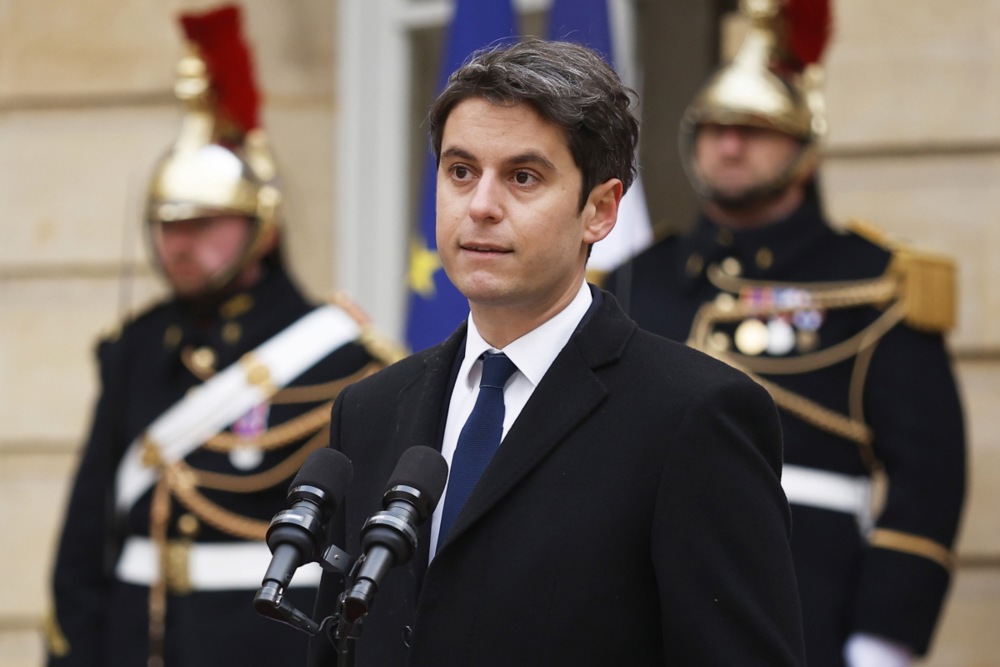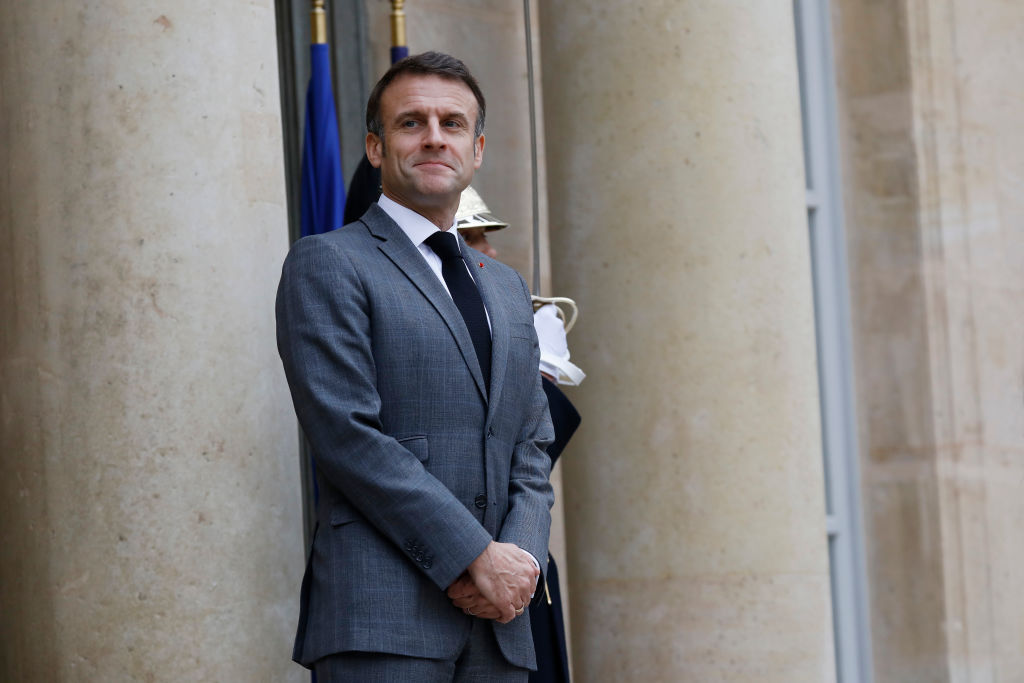French President Emmanuel Macron’s decision to pick a new Prime Minister and Cabinet is unlikely to give him the reset he needed after wounding battles on immigration and pensions reform. It may also leave him in a worse position than before, analysts told Brussels Signal.
Macron named 34-year-old Gabriel Attal, previously education minister, as PM on January 9, in an apparent attempt to boost his own popularity and rejuvenate his Government.
An Ipsos-Le Point poll in December showed just 27 per cent of French people had a favourable view of Macron. His popularity has crumbled from 47 per cent in March 2022.
“The French change their PM as often as their underwear,” Hans van Leeuwen, a journalist who covers French politics, told Brussels Signal.
While the same December poll showed Attal was France’s most popular politician at the time, that may not benefit Macron in the way he hopes, said van Leeuwen.
“He might help Macron get on the front foot but the appointment doesn’t quite get the President past his lingering personal unpopularity, does it?,” he said.
Other parties, sensing Macron’s vulnerability, will aim to hobble him further, likely putting Marine Le Pen’s Rassemblement National (RN) in an increasingly strong position.
In recent opinion polls about France’s 2027 legislative election, Le Pen’s party polled at 28 per cent, ahead of 19 per cent for Macron’s coalition.
The President’s tumultuous 2023 included street protests, involving more than a million people, against a raise in the retirement age. It also saw riots in June after the fatal shooting of Nahel Merzouk in an encounter with two police officers in a Paris suburb.
“In fact, Attal might eventually need to distance himself a bit from Macron, if he plans to run for president against Le Pen – or Bardella? – in 2027,” van Leeuwen said.
Jordan Bardella is Rassemblement National’s President; Le Pen is its parliamentary party leader.
“By then, Macron might even be happy enough to let him do that, though – just to be sure of beating the RN,” van Leeuwen added.
Macron cannot stand again in 2027’s French elections, which may represent Le Pen’s best chance to take the Élysée Palace.
Sophie Defrance, a French academic working in London, said: “Attal was also seen as a hopeful for Macron’s succession at the next presidential election, along with former PM Édouard Philippe, so a lot is at stake here.”
Attal has gained political weight “overseeing the education portfolio, where he has been rather successful in rallying the right”, she said.
At the same time, Attal inherits his predecessor Élisabeth Borne’s parliamentary minority, meaning he will need to seek opposition support to pass legislation.
Among other new appointments announced on January 11, 38-year-old Renew Europe Group leader Stéphane Séjourné is new foreign minister.
Eight of the 14 new ministers named in Macron’s reshuffle are from the Right, most notably new culture minister Rachida Dati, previously then-president Nicolas Sarkozy’s justice minister. She has been expelled from Sarkozy’s Les Républicains party for accepting the post.
Macron’s best bet may be to hope some of his more unpopular reforms bear fruit before 2027, said Ecaterina Matoi, who lectures in national security at Romania’s Babes-Bolyai University.
“Increasing the retirement age is generally unpopular but France’s economic competitiveness is expected to increase,” she said.
“What President Macron and his team need is to survive the political risks of unpopular measures, to be able to claim the achievements targeted with these measures.”





